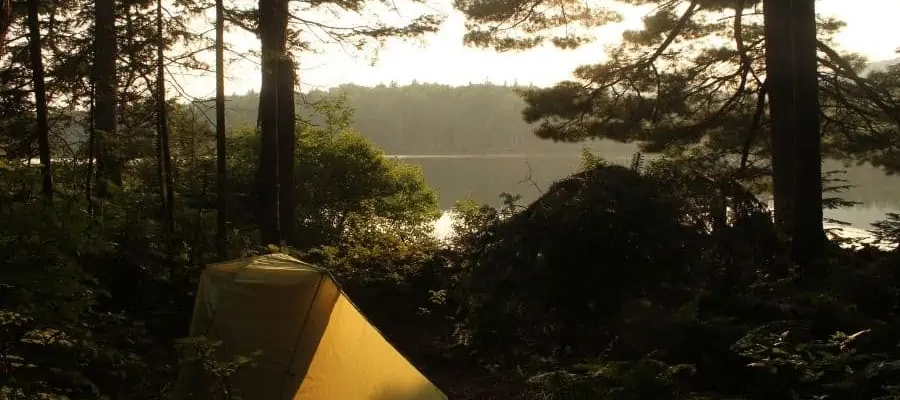With solar power banks, it’s easy to keep your devices charged while camping. Here are our top tips for being a responsible camper and steward of the outdoors:
Use solar power banks to charge your devices.
There are many reasons to use solar power banks to charge your devices. For one, solar power is a renewable resource, so you’ll be doing your part to help the environment by using solar power instead of fossil fuels. Additionally, solar power is very efficient, so you won’t have to worry about your devices running out of power. Solar power banks are also very portable, so you can take them with you wherever you go. And finally, solar power is relatively inexpensive, so you won’t have to spend a lot of money to keep your devices charged.
Follow the Leave No Trace principles.
Anyone who enjoys spending time in the great outdoors should be familiar with the Leave No Trace principles. These guidelines help campers enjoy the outdoors while minimizing their impact on the environment. One of the most important Leave No Trace principles is to pack out all trash, including food scraps and packaging. This helps to keep campsites clean and prevents wildlife from becoming accustomed to human food. Another important principle is to minimize campfires. Not only do campfires impact the natural surroundings, but they also require wood that could be used for other purposes. When cooking, use a stove instead of a campfire. If a campfire is necessary, use dead and downed wood that has already fallen to the ground. These are just a few of the Leave No Trace principles that can help campers enjoy the outdoors without harming the environment. By following these guidelines, we can all help to preserve our natural areas for future generations.
Be thoughtful about where you camp.
When planning a camping trip, it’s important to be thoughtful about where you camp. Choose sites that are already established and avoid fragile ecosystems. Not only will this help to protect the environment, but it will also ensure that you have a safe and enjoyable trip. Established campsites are typically well-maintained and offer amenities like fire pits and picnic tables. They also tend to be located in more accessible areas, making it easy to get to your campsite and find the supplies you need. In contrast, fragile ecosystems are often delicate and sensitive to disturbance. By camping at an established site, you can help to preserve these ecosystems for future generations.
Respect wildlife.
Wildlife encounters can be exciting, but it’s important to remember that these animals are wild for a reason. Approaching or feeding them can interfere with their natural behavior, and it can also be dangerous for both the animals and humans involved. If you’re lucky enough to spot a deer or other animal in the wild, enjoy the experience from a distance. Make sure to store food properly when camping or hiking, and never leave food out where animals can access it. By respecting wildlife, we can help to ensure their safety and our own.
Leave your campsite better than you found it.
Camping is a great way to get away from the hustle and bustle of everyday life. It’s an opportunity to connect with nature and enjoy the simple things in life. But as any seasoned camper knows, it’s important to leave your campsite better than you found it. This means disposing of trash properly and packing out anything that you brought with you. It might seem like a small thing, but it makes a big difference. By taking these simple steps, we can help ensure that our camping areas remain beautiful and pristine for years to come.
Camping is a great way to enjoy the outdoors and get away from it all. However, as with any activity, there are ways to be a responsible camper and steward of the environment. By following these camping tips, you can help ensure that everyone has an enjoyable experience while minimizing your impact on the natural world.


